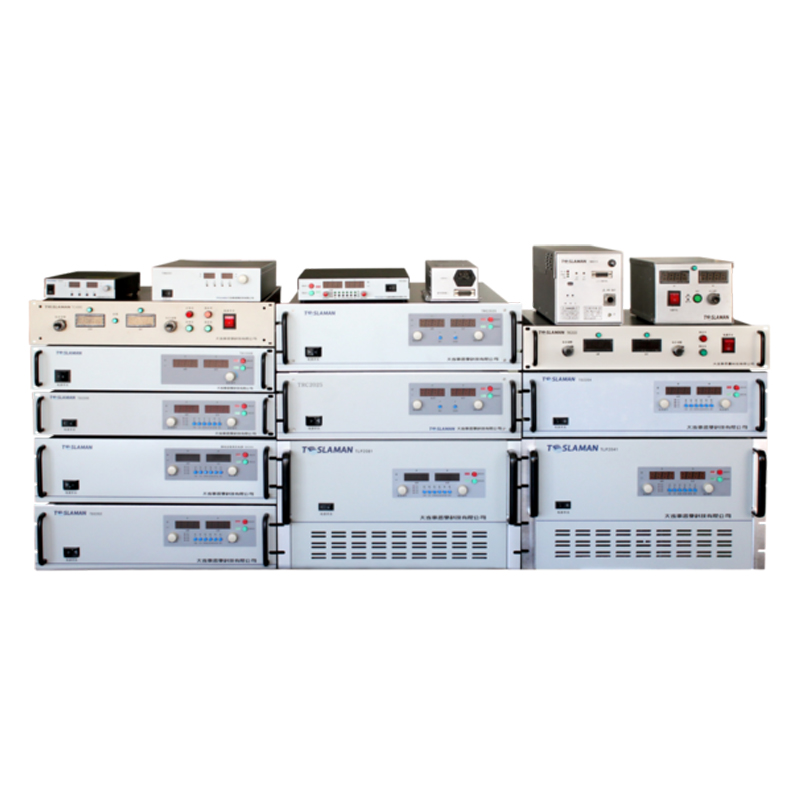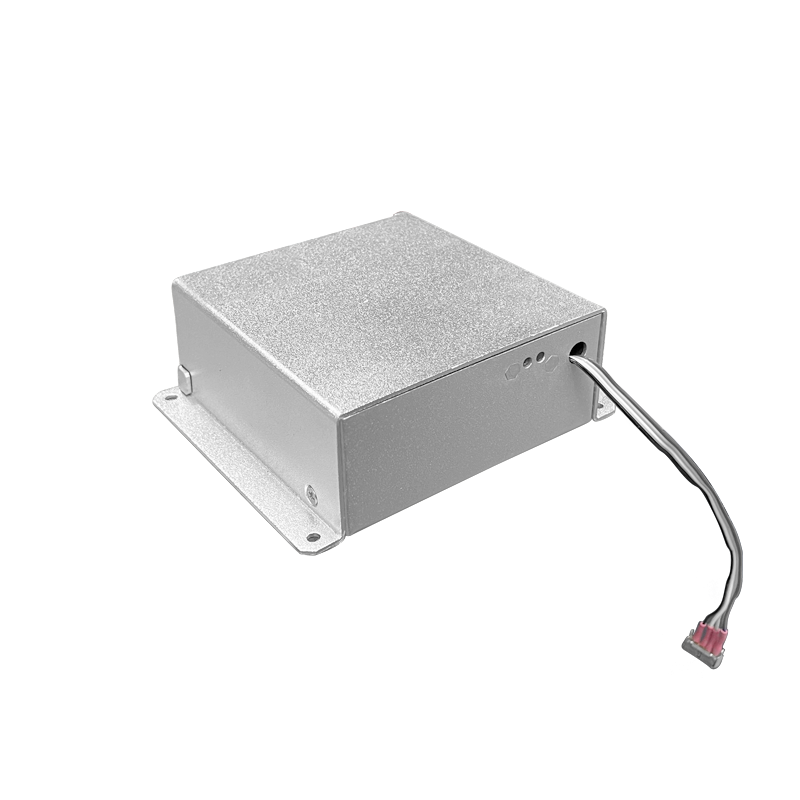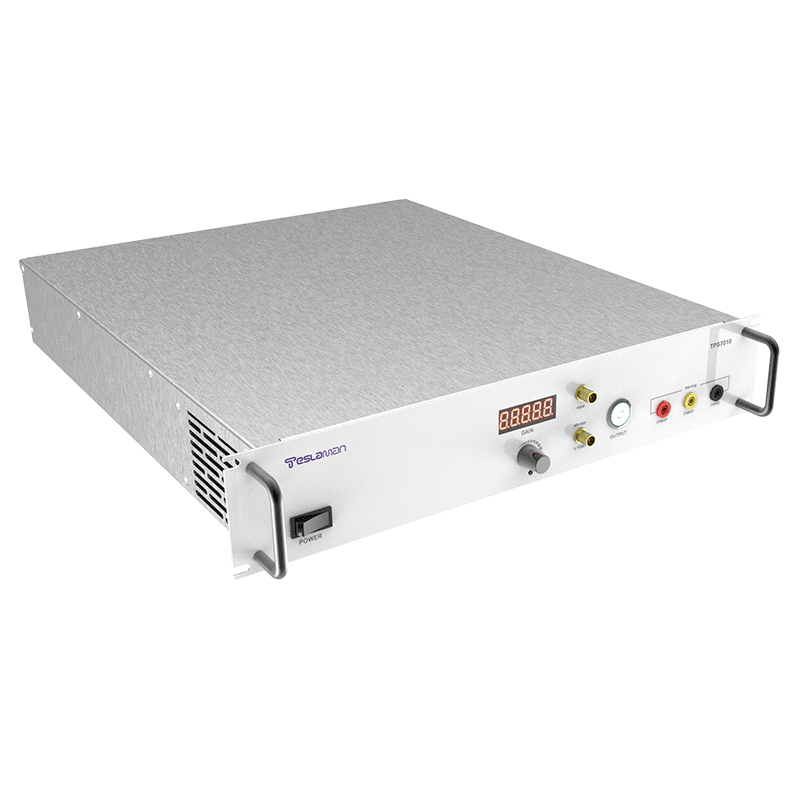Application and Efficiency Evaluation of High Voltage DC Power Supply Technology in Rocket Propulsion Systems
With the rapid development of science and technology, aerospace technology has gradually become an important indicator of a country's comprehensive national strength. As one of the cores of aerospace technology, the performance of rocket propulsion systems is directly related to the payload, orbit, and reliability of spacecraft. In recent years, high-voltage direct current (HVDC) power supply technology has been widely used in rocket propulsion systems due to its efficient and stable characteristics. This article will delve into the application of HVDC power supply technology in rocket propulsion systems and its efficiency evaluation from a professional perspective.
**I. Application of High Voltage DC Power Supply Technology in Rocket Propulsion Systems**
The rocket propulsion system mainly consists of three parts: the engine, the control system, and the power system. Among them, the power system is responsible for providing stable and reliable electricity to the rocket, ensuring the normal operation of the engine and precise control of the control system. Compared with traditional batteries, high-voltage DC power supplies have higher energy density and longer service life, which can better meet the high requirements of rocket propulsion systems for power supplies.
In rocket propulsion systems, high-voltage DC power supplies are mainly applied in the following aspects:
1. Engine power supply: Rocket engines consume huge amounts of energy during operation, and high-voltage DC power supplies can provide sufficient electricity to support the continuous operation of the engine.
2. Control system power supply: The rocket's control system needs to monitor parameters such as attitude and speed of the rocket in real time, and adjust the rocket's flight trajectory based on these parameters. The high-voltage DC power supply provides stable and reliable electricity for the control system to ensure its normal operation.
3. Servo system power supply: The servo system is an important component of the rocket control system, responsible for executing control commands and driving various parts of the rocket. The high-voltage DC power supply provides efficient power supply to the servo system, ensuring its rapid response and precise control.
**II. Efficiency Evaluation of High Voltage DC Power Supply Technology**
To evaluate the efficiency of high-voltage DC power supply technology in rocket propulsion systems, we need to analyze three aspects: energy conversion efficiency, power density, and system stability.
1. Energy conversion efficiency: The energy conversion efficiency of high-voltage DC power supplies generally ranges from 80% to 90%, which is significantly improved compared to traditional batteries. This means that using high-voltage DC power supplies in rocket propulsion systems can convert chemical energy into electrical energy more effectively, thereby improving the overall energy utilization rate of the system.
2. Power density: High-voltage DC power supplies have the characteristic of high power density, which means that they can provide greater output power under the same volume and weight. This is crucial for rocket propulsion systems because reducing the weight of the power system can improve the payload and carrying capacity of the rocket.
3. System stability: Rocket propulsion systems require extremely high stability and reliability from power supplies. High-voltage DC power supplies use advanced voltage regulation technology and protective measures to maintain stable output voltage and current in complex environments, ensuring the reliable operation of rocket propulsion systems.
In summary, the application of high-voltage DC power supply technology in rocket propulsion systems has significant advantages and efficiency. With the continuous advancement of technology and the development of aerospace technology, it is believed that high-voltage DC power supply technology will play an even more important role in future space exploration.




















